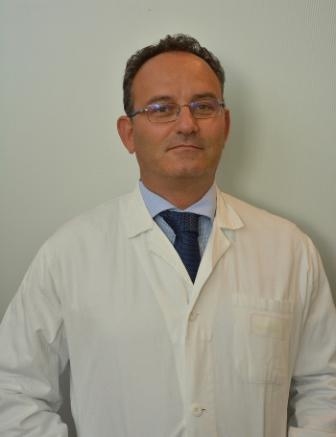Diagnostic and therapeutic innovation in central and peripheral nervous system diseases /
Neurosurgery
Head
Unit
Experimental neuroncology:
Research activity focuses on the development of a patient-specific cellular platform based on the study of angiogenesis and tumor stemness. This approach in a translational sense aims to promote "patient- centered therapies" by offering the ability to:
- screen for sensitivity/resistance to different drugs and study the presence of prognostic markers of cancer and cardiovascular diseases
- analyze oncomodulatory lipid metabolism
- testing functional angiogenesis (e.g., release by platelets of vascular growth factors after platelet/endothelium/tumor interaction)
Degenerative diseases of the spine and nervous system:
Research activities are focused on the pre-clinical study of the different mechanisms underlying neuroinflammation as a common mechanism of tissue degeneration of the nervous system and spine, in order to promote biological treatments complementary to surgical approaches, such as molecular, gene or tissue engineering therapies.
The synergy between the Laboratory, the operating room, and the outpatient clinics allows the collection of molecular, metabolic, cellular, and functional information that, together with clinical and instrumental investigations, optimize the best therapeutic choice for the patient even in the follow-up period, ensuring maximum clinical and social-welfare spillover of the research activity performed.
Personalized medicine in neurosurgery:
Multidisciplinary approach to diseases of neurosurgical and neurooncologic interest: development and validation of innovative strategies for diagnosis, prognosis, treatment, monitoring, and personalized therapy.
Pathologies of neurosurgical interest include: tumors of the central and peripheral nervous system, spinal tumors, tumors of the head and neck district, tumors of endocrinologic character, skull and spine malformations, vascular malformations, degenerative spine pathologies, movement pathologies, and pain syndromes. The team's high level of training makes it possible to offer a wide range of services for ad hoc diagnosis and implementation of treatment pathways tailored to the needs of the individual patient, for all ages, from children to adults. Laboratory researchers have also identified prognostic and predictive markers, enabling improved patient management from diagnosis to treatment, with the potential to develop personalized therapy strategies.
Aerospace medicine:
Research activities are carried out in synergy with the Air Force and the University of Milan. Experimental activities are aimed at studying the effects of extreme environments such as microgravity, cosmic radiation, acceleration, and hypoxia on different organs and tissues.
The objectives of these studies are:
- improve human performance in flight and the progress of future space exploration;
- to better understand some pathophysiological mechanisms underlying pathologies that still lack effective treatment, as in the case of degenerative diseases of the nervous system and brain tumors.
Specifically, the actions will focus on the development of new therapies and research approaches aimed at counteracting cellular aging through personalized prevention and treatment approaches.
To this end, of particular importance is the creation of the first "military biobank" that enables the study of predictive models of risk from the study of a "supersane" population consisting of high-performance pilots of the Air Force, through artificial intelligence algorithms.
- DNA sequencers
- RNA seq
- Maldi-TOF MS
- HPLC
- Optical and confocal microscopes
- University of Milan, Italy
- Ministry of Defense of the Italian Republic
- Italian Air Force Medical Corps
- Virgin Galactic
- University of California, San Francisco - USA
- Altos Labs, California - USA
1 associate professor of neurosurgery, 1 neurosurgeon, 2 researchers
—
Other activities in this Research Line
Diagnostic and therapeutic innovation in central and peripheral nervous system diseases
Geriatrics
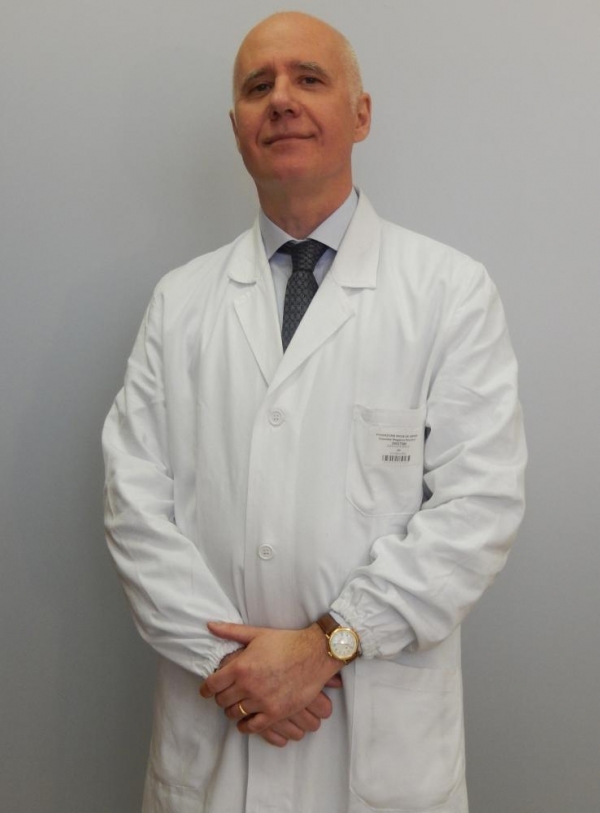
Tiziano Lucchi
Maxillofacial Surgery and Odontostomatology
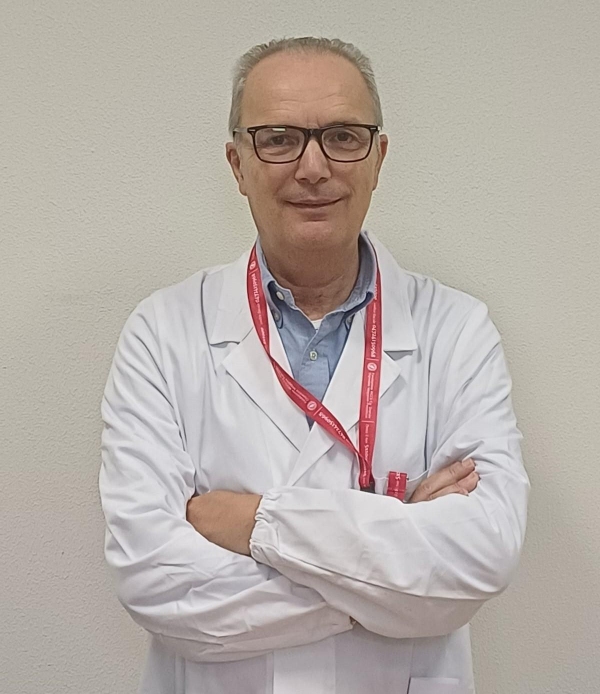
Diego Rossi
Neonatology and Neonatal Intensive Care Unit

Monica Fumagalli
Neurophysiopathology
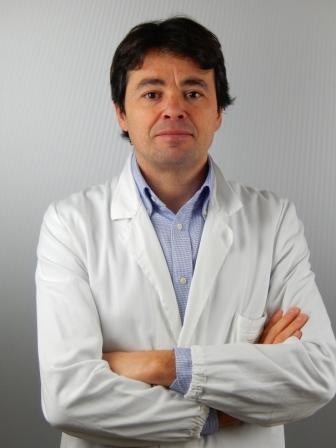
Filippo Cogiamanian
Neurology
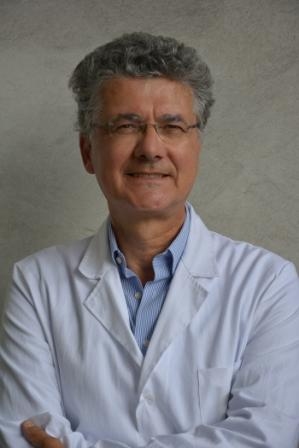
Giacomo Comi
Neurology - Neurodegenerative Diseases
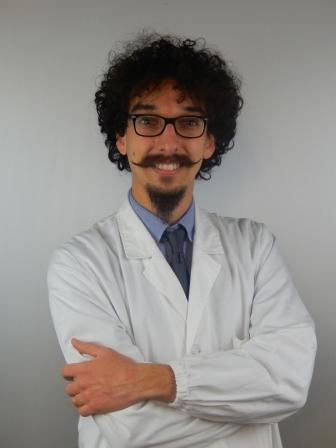
Andrea Arighi
Neurology - Neuromuscular and Rare Diseases

Stefania Corti
Neuroradiology

Fabio Maria Triulzi
Ophthalmology
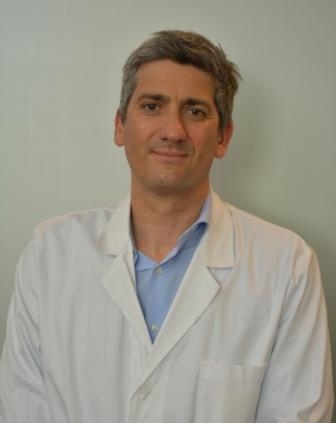
Francesco Viola
Otolaryngology and Cervico-Facial Surgery
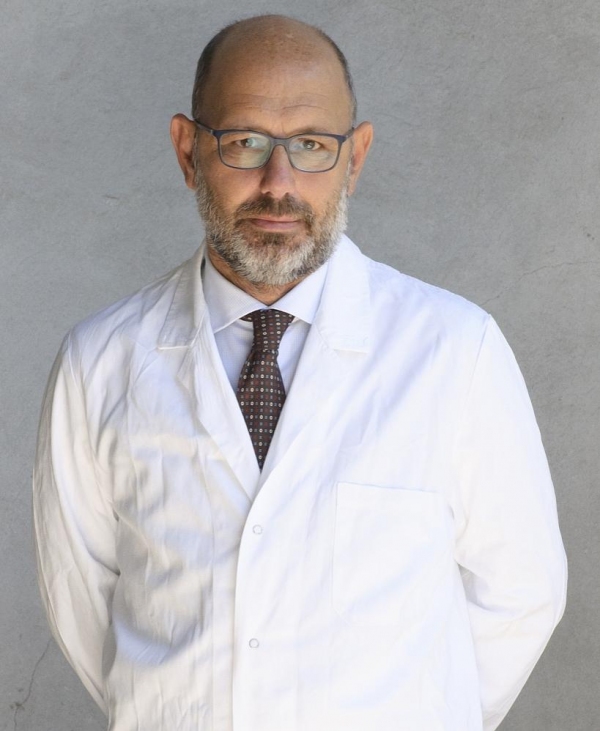
Lorenzo Pignataro
Maxillofacial Surgery and Odontostomatology

Diego Rossi
Psychiatry
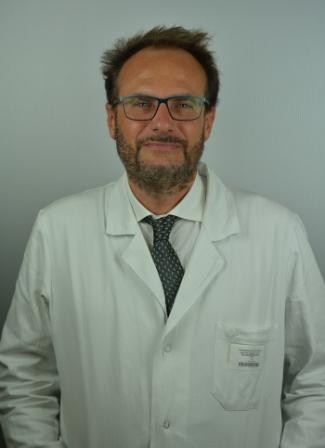
Paolo Brambilla
